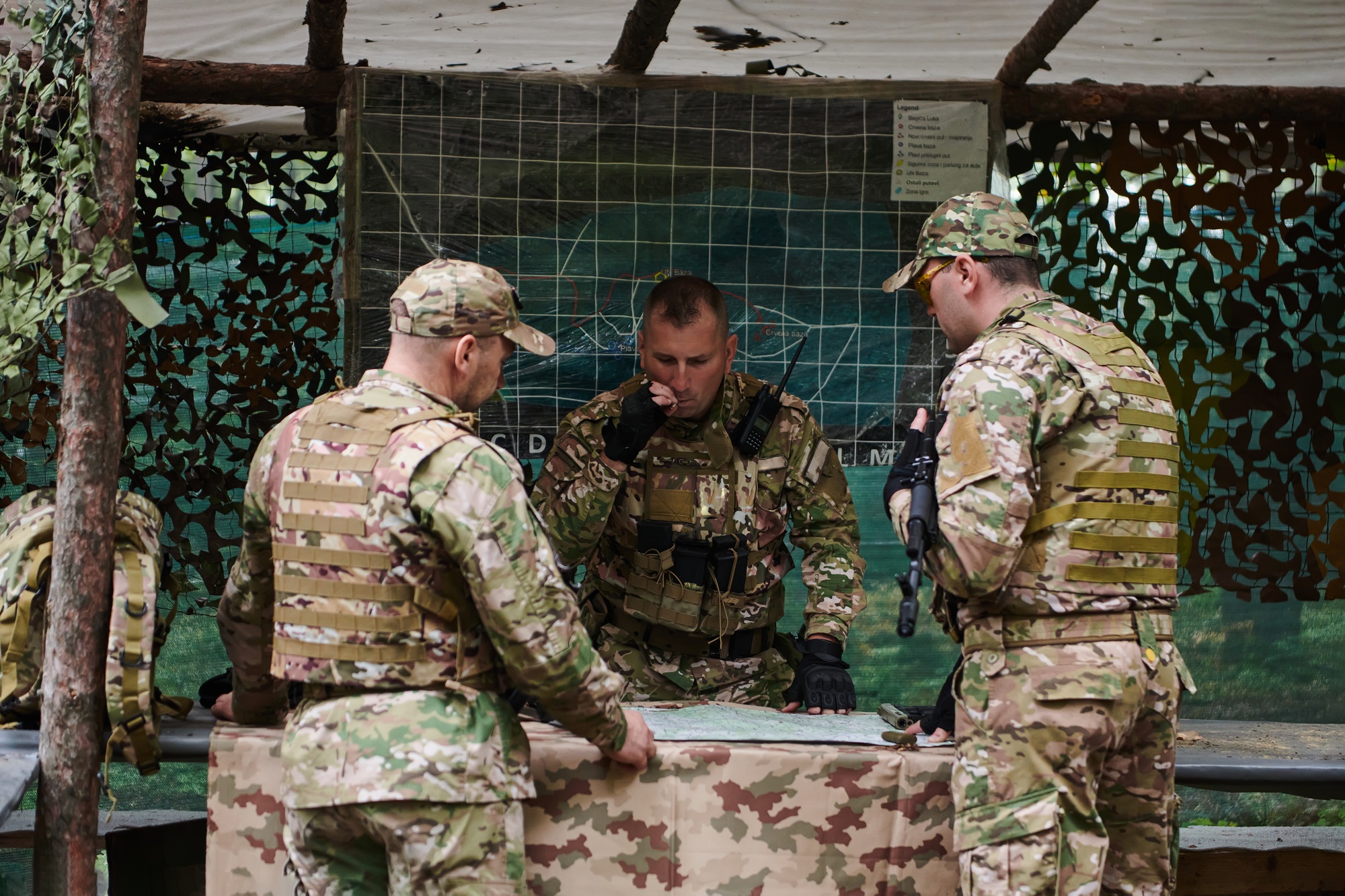Ongoing tensions between Israel and Iran have intensified over the past six days, prompting widespread concern about potential regional escalation. The situation remains volatile, with both nations engaged in a series of military and diplomatic maneuvers that threaten to destabilize the Middle East further.
Recent months have seen a notable increase in hostilities, with Iran’s support for proxy groups and Israel’s defensive measures escalating. International observers have expressed concern over the possibility of a full-scale conflict, which could involve neighboring countries and draw in global powers. The US has been closely monitoring the situation, deliberating on its strategic options amid mounting tensions.
Today marks the sixth day of heightened conflict, with reports indicating increased military activity by both sides. The US administration is considering a range of options, including diplomatic efforts, economic sanctions, or direct military support, to manage the crisis and prevent further escalation. President Trump and his team are under pressure to respond swiftly to protect US interests and regional stability.
The impact of the conflict is significant, affecting regional stability, energy markets, and international diplomacy. Countries in the Middle East are on high alert, and global markets are reacting to the uncertainty, with oil prices fluctuating amid fears of supply disruptions. Allies of the US are urging caution, emphasizing the importance of de-escalation and diplomatic solutions.
Analysts suggest that the US’s next moves could shape the trajectory of the conflict in the coming weeks. Military analysts highlight the risks of escalation, while diplomats emphasize the importance of negotiation and multilateral efforts to de-escalate tensions. The international community continues to call for restraint and dialogue to avoid further violence.
Looking ahead, key events to watch include upcoming diplomatic meetings, potential sanctions announcements, and any military actions by either Israel or Iran. The situation remains fluid, with the potential for rapid developments that could significantly alter regional and global stability.
What are the US’s main options now?
The US is considering diplomatic engagement, economic sanctions, and military support to influence the conflict’s trajectory, aiming to prevent a broader regional war.
Could this conflict lead to a wider regional war?
Yes, if escalation continues unchecked, the conflict could involve neighboring countries and draw in broader international involvement.
What risks does the conflict pose to global markets?
The conflict threatens to disrupt energy supplies, especially oil, which could lead to increased prices and economic instability worldwide.








